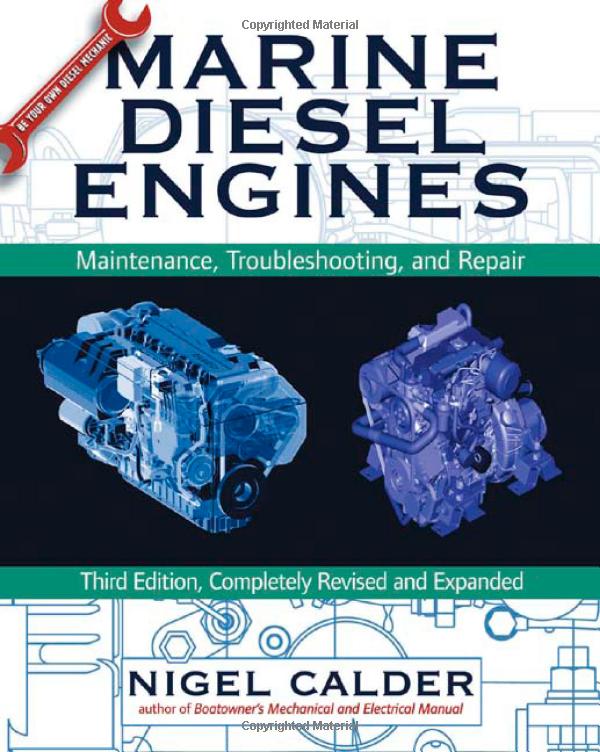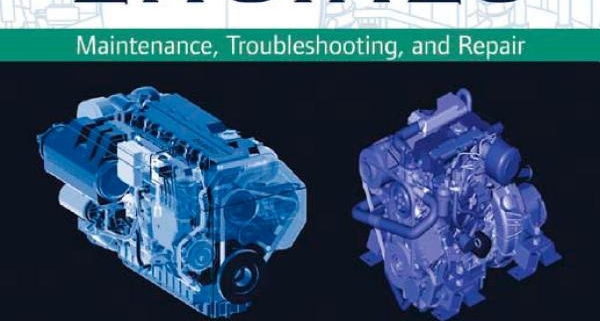An Excerpt from the book “Marine Diesel Engines: Maintenance, Troubleshooting and Repair by Nigel Calder
“A fuel injection pump is an incredibly precise piece of equipment. The plungers in a jerk pump are machined to within 0.00004” of the cylinder bores into which they fit. Unlike the pistons in the engine, no rings seal these plungers and while the pressures in the engine cylinders may reach 1000 psi, pressures in an injection pump are anywhere from 1500 to 5000 psi.
 The accurate fit of the pump plungers in their cylinders is the only thing that prevents fuel from leaking past these plungers under extreme pressures. When you realize that the pump may be metering out only a few millionths of a gallon, you begin to understand how little leakage past the plungers it would take to completely destroy the smooth running and balance of the engine. If just one or two plunders are leaking by, then the other cylinders pick up more load, which leads to high temperatures, excessive wear of exhaust valves, and the danger of cracking the cylinder head or seizing a piston.
The accurate fit of the pump plungers in their cylinders is the only thing that prevents fuel from leaking past these plungers under extreme pressures. When you realize that the pump may be metering out only a few millionths of a gallon, you begin to understand how little leakage past the plungers it would take to completely destroy the smooth running and balance of the engine. If just one or two plunders are leaking by, then the other cylinders pick up more load, which leads to high temperatures, excessive wear of exhaust valves, and the danger of cracking the cylinder head or seizing a piston.
Imagine a tiny grain of sand or a little speck of metal finding its way into the pump. Even if this contamination passes through the pump without scratching the cylinder or piston, or doing any other kind of damage, it will now be on its way to an injector. Depending on engine size and type of injector nozzle (hole type or pintle) the holes in the tip of the nozzle through which the fuel sprays into the combustion chamber may no more than a few thousandths of an inch in diameter. It takes the merest piece of particulate from contaminated fuel to plug up an injector.
Water can be just as harmful to an fuel injection system. When the engine is shut down for periods of time, as is the norm for most generators or boat engines, rusting of critical parts will occur, which rapidly destroys the effectiveness of the system. When the engine is running, the super heated air in the culinders under compression will instantly turn into steam. This steam can generate enough explosive force to blow the tip clean off the injector.
Nothing plays more havoc with generator engines or boat diesel engines than water contaminated, bacteria contaminated dirty fuel. If right from the start the owner gets rid of particulate and water in the fuel, then 90% of potential engine troubles will be avoided.
The damage done by dirty fuel is concentrated on all the most highly machined and therefore expensive pieces of equipment in the engine. Damage to fuel injection pumps and injectors cannot be repaired by the user.”





